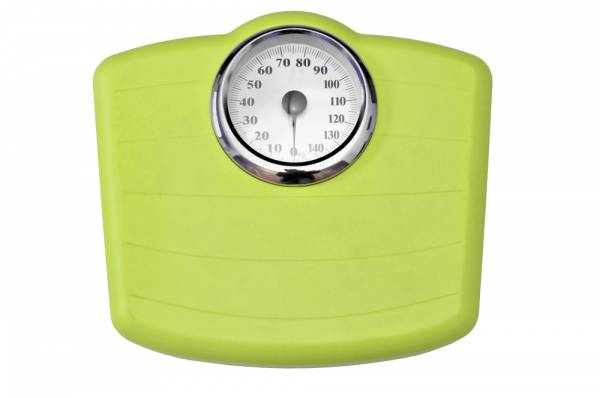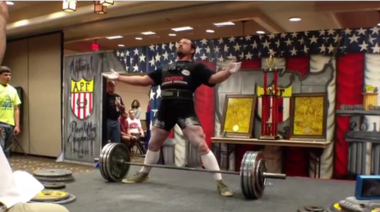Competition can be a big part of the grappling experience for practitioners who are so inclined. The conventional wisdom is that competition helps expedite progress and enables practitioners to test what they think they know in a more realistic environment, under duress. For the first-time competitor, the experience can be daunting. The stimuli fly fast and furiously; the noise of the audience, the referee’s instructions, your coach’s voice, and your own nerves are all elements to deal with over and above the matter at hand, which is trying to grapple well, at a heightened intensity level, against a likely unknown adversary.
I’ve heard it said the ability to compete well is a skill in itself, and as with grappling technique, it’s a skill we can work at. For those of us at the beginning of our competition journey, here is a non-exhaustive list of suggestions that might help the novice competitor have a more enjoyable experience.
Keep it business as usual:
Right before a competition is probably not the best time to alter your usual training routine radically. On game day, try to do what you normally do before you train. Stretch, warm up, eat, listen to music, etc, the way you have in the time leading up to the competition. This has two benefits. First, it helps you feel it’s just another day, which may help calm your nerves. Second, it ensures your body won’t react adversely to a new smoothie or bar you decided to try (though any butterflies in your stomach may wreak their own havoc).
 Weigh in ahead of time:
Weigh in ahead of time:
Competitors are grouped according to experience level and weight. In many tournaments, if you are too heavy, you are automatically disqualified. So make sure you are “on weight” BEFORE you have to weigh in officially. There are usually scales available for this, so you can find out if you are where you need to be or if you have to do a little running to sweat off some ounces.
Double up:
Bring two sets of gear. If you are competing in a gi tournament, bring two gis and two sets of whatever you wear under your gi. Many tournaments measure the fit of the gi to make sure it meets regulations. If your gi does not, you will not be allowed to wear it in competition and may be disqualified. Bring a second set of gear so you don’t have to run around asking your friends if they have a loaner for you.
Arrive early:
Especially if you have never been to the competition venue before, arrive a couple hours before your scheduled competition time. While it is unlikely the tournament will be running early, arriving with some time to spare will give you the opportunity to case the joint and develop some familiarity with the goings-on, identify a place to warm up, and, if you’re me, use the bathroom at least a baker’s dozen times.
 Have a game plan:
Have a game plan:
Chances are, if you are competing, you have had some strategy sessions with your coach prior to competition day, both in terms of what your plan is for your matches and in terms of how you will work together. Touch base with your coach to make sure you are still on the same page.
Choose your state of arousal:
Apparently anxiety and excitement register similarly in the body on a physiological level. It is our mindset that gives them an emotional association. Thus, to some extent, you can choose whether you are going to be excited or nervous to compete. Whenever I feel nerves creeping in, I have taken to making myself smile. It sounds crazy, but it actually works—it makes me feel more eager and fortunate that I get to compete, rather than scared and subdued.
As I mentioned, this is a non-exhaustive list. World class competitors are likely to have developed their own personal routines over time; as you become more experienced as a competitor, you, too, can create your own strategies. And if you have the opportunity to learn from any of the best about how they prepare for game day, do it!
If you have competition experience or thoughts you would like to share, post to the comments below.






